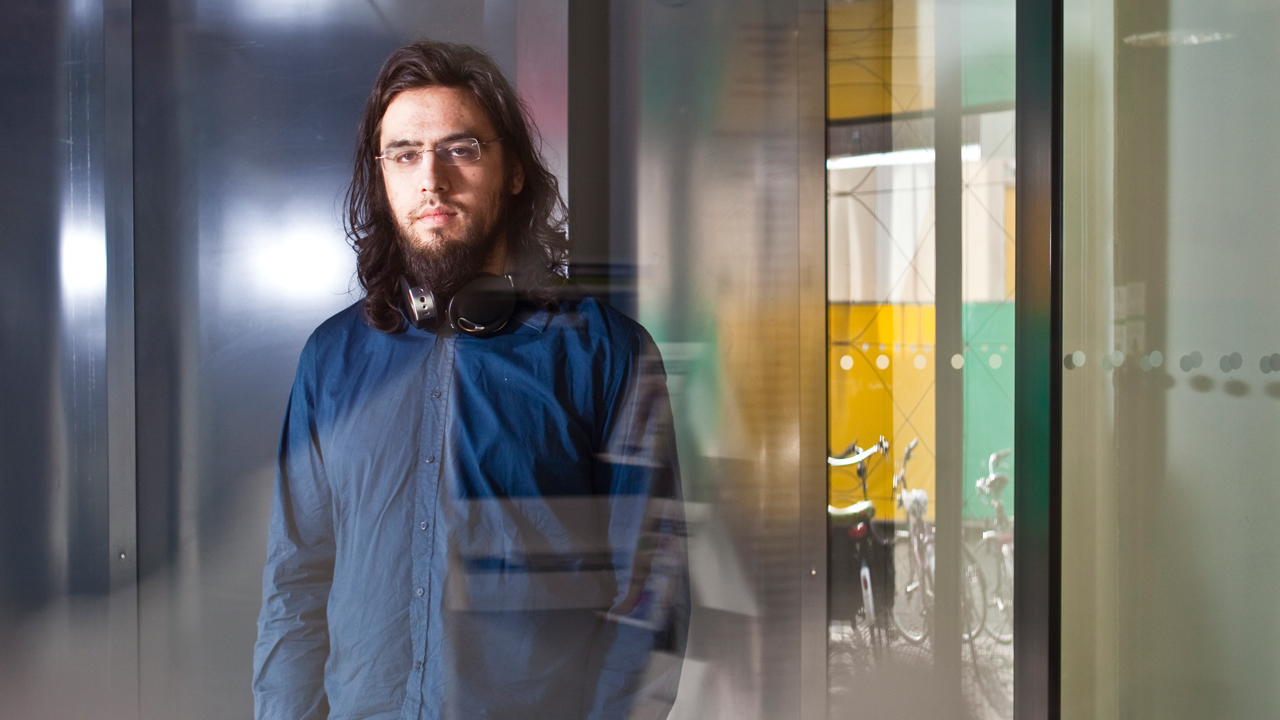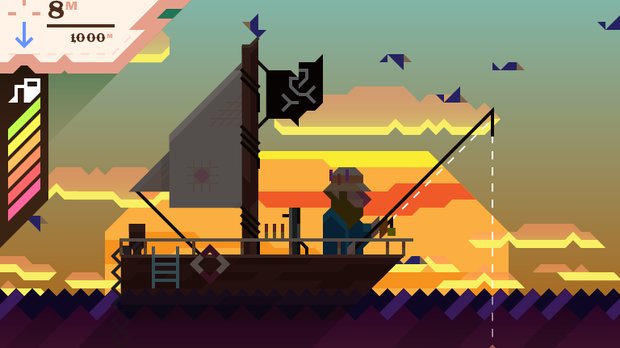Vlambeer's Rami Ismail on broadening gaming's cultural range
Rami Ismail bids us “good morning” in a voice that betrays his jetlagged state. It’s little wonder he’s tired: three weeks earlier, he left his studio in Utrecht, flying to Chicago to take part in a game jam during the 52-hour train journey from the Windy City to GDC in San Francisco. From there, he visited Boston for PAX, before heading to the UK for Rezzed. “My body has no idea what happened to it,” he says. “It’s the physical recovery of doing three conferences back to back, the mental synchronisation [of acclimatising to] a time zone you’ve only been in for five days, and the emotional readjustment from being among people in the industry you love to being pretty much alone at home. It’ll take a few days, but I’ve done this before.”

So regularly is he away from home, in fact, that he’s set up a website – www.isramiinthenetherlands.com – which tracks his trips or details how many days he’s been back home. Why does he travel so frequently? “It is many reasons, and it is one reason,” he says. “The short answer is that I love being part of this industry. I’m always inspired by the people I meet and the people I know who make games. The longer answer is more complex, because it varies between showcasing our games at events for marketing [purposes] or going to events where we can further the goals of Vlambeer as a company, from a business perspective.”
There’s a more altruistic reason, too. Ismail likes to help other developers when he can, and often that takes him to parts of the world that few other industry figures have even considered visiting, such as South America, Africa and the Middle East, as well as smaller dev communities in the continental United States or Europe.
To support them, he’s recently set up a new project with voiceover artist Sarah Elmaleh. Gamedev.world will be a carefully curated repository of content translated into several languages. “I’ve seen the effects of the language barrier on people’s ability to be creative and to [earn] a living from making videogames and I was taken aback by that,” Ismail explains. “Now, some problems are so big that as a human you don’t dare to have the arrogance to think you can solve them. And solving the language barrier is not something you can do. But you don’t have to. What you need to do is make sure that the information and contacts people need are available in their language.”

It’s a similar deal with two other projects. Presskit() was conceived as a way of keeping the press appraised of Vlambeer games. Yet conversations with other indie developers inspired Ismail to release it for free. Soon afterwards came Distribute(), an accessible way for smaller studios to send preview code to verified media contacts.
He’s nonchalant about the idea of becoming better known for these ideas than for Vlambeer, though he thinks that’s unlikely. “I very much have the attitude if nobody’s making something that should exist, then I will make it,” he says. “And to the best of my ability, I’ll make it in such a way that my involvement with it becomes redundant as soon as possible. That’s the ultimate achievement: building something that can sustain itself.”
Ismail may have only just left the UK, but it’s not long before he’s due back to deliver a keynote at Develop in Brighton. Though his speech is likely to touch upon a variety of topics, he’s keen to discuss the idea of developers supporting one another to make for a stronger and more welcoming environment for newcomers. “I think a lot of people kind of know this,” he says. “But some of the hardest talks I’ve given have been things that everybody knows but nobody says.”
Weekly digests, tales from the communities you love, and more

For Ismail, Develop is a more specialised event than the all-things-to-all-people approach of, say, GDC. “What Develop does really well is to create an environment that is very safe, very familiar and talks about the things that are relevant at that point to that particular community. The value a developer from Europe or the British Isles can get out of Develop is so much higher than a lot of other events.”
He admits that many overseas developers look enviously upon events such as Develop, not least thanks to the level of support for the industry in the UK. He’s impressed by its indie scene, too. “The most exciting indie game worldwide [No Man’s Sky] comes from just outside of London. Some of the best games of the last few years come from developers that live somewhere in the British Isles, like Terry Cavanagh’s Super Hexagon. And events like the BAFTAs are amazing: the UK is the country that’s furthest ahead in terms of accepting games as a very real part of cultural expression.”

Between now and Develop in July there will, of course, be more events, more flights, more updates to his website. Yet he’s insistent that the jetlag is worth it, and that Vlambeer won’t be neglected. “One thing you should know about me,” he laughs, “is that I am an idealist with a reckless disregard for time.”
Read more from Edge here. Or take advantage of our subscription offers for print and digital editions.

Edge magazine was launched in 1993 with a mission to dig deep into the inner workings of the international videogame industry, quickly building a reputation for next-level analysis, features, interviews and reviews that holds fast nearly 30 years on.


